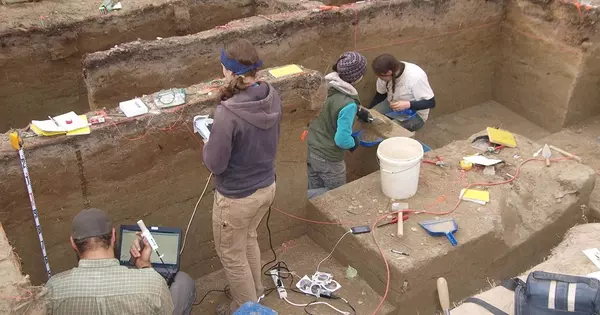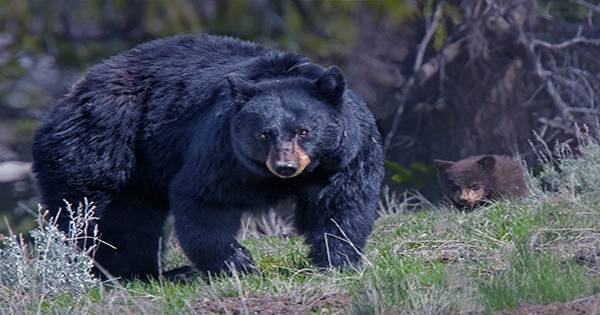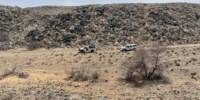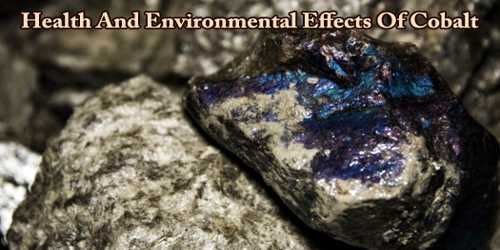Freshwater fishing was practised by ancient Alaskans. Alaska’s indigenous peoples, such as the Aleut, Inuit (Eskimo), and various Athabaskan tribes, have a long history of fishing for sustenance and survival.
A scientific team led by University of Alaska Fairbanks researchers discovered the earliest-known evidence of freshwater fishing by ancient people in the Americas. The study provides a glimpse into how early humans used a changing landscape and may provide insight for modern people facing similar changes.
“We’re looking at humans through the eyes of ecologists and biologists,” said Ben Potter, a UAF anthropology professor and co-lead author of the study. “They can adapt to changing conditions even at a young age.”
The study, which was recently published in the journal Science Advances, shows that people living in what is now Interior Alaska between 13,000 and 11,500 years ago relied on freshwater fish like burbot, whitefish, and pike for food. The research builds on previous UAF findings that showed ancient humans fishing for salmon.
We’re looking at humans through the eyes of ecologists and biologists. They can adapt to changing conditions even at a young age. This new study began with a thorough examination of all Interior Alaska archaeological sites dating back 7,000 years or more.
Ben Potter
“That discovery was really surprising because it was so far away from the ocean, in an area near the edge of salmon habitat,” Potter said. “That got us thinking: This could be a whole different angle on human ecology than large mammal hunting.”
This new study began with a thorough examination of all Interior Alaska archaeological sites dating back 7,000 years or more. The scientists discovered fish bones at seven different locations. The team of archaeologists, anthropologists and fisheries biologists analyzed the bones to determine their age and species.
The bones were discovered inside homes and hearths and were more commonly associated with base camps than with short-term hunting camps. They were also far from lakes and streams, so predators were unlikely to have moved them. The lack of fishhooks or spears at the sites suggests that the early Alaskans likely harvested the fish using nets and possibly weirs.
“This is a compelling, evidence-based case for freshwater fishing at the end of the last Ice Age,” said Potter.
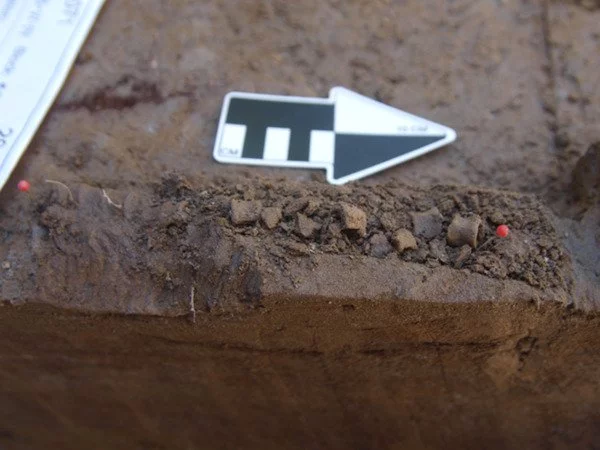
Recent large-scale excavations of residential base camps in the Tanana River basin have provided scientists with a new opportunity to study the region’s early human populations, he said. “This is a first in the Americas because, up until the last few decades, we haven’t had fish remains clearly associated with human activities in these very early sites.”
Scientists have discovered human remains in Alaska dating back approximately 14,000 years. The earliest use of freshwater fish by Alaskans appears to have occurred between 13,000 and 11,500 years ago, during the Younger Dryas, a period of cold and dry conditions in the midst of an overall warming trend at the end of the last ice age.
Until the beginning of the Younger Dryas, people relied more on waterfowl to augment large game like bison and elk. When temperatures started dropping around 13,000 years ago, that changed. Bones found at archaeological sites indicate they began to exploit multiple species of freshwater fish.
“We don’t know why the use of waterfowl decreased, but we do know that the climate was changing,” Potter explained. “Incorporating these new species and new technologies was one of the ways people were able to adapt.” Burbot, in particular, can be caught when food resources are scarce in late winter and early spring.”
According to him, the strong link to modern subsistence activities is also compelling.
“There have been millennia of fish use that has continued into the modern day.” Indigenous peoples’ ancestors used the same resources thousands of years ago. That means something to people today,’ he says.
